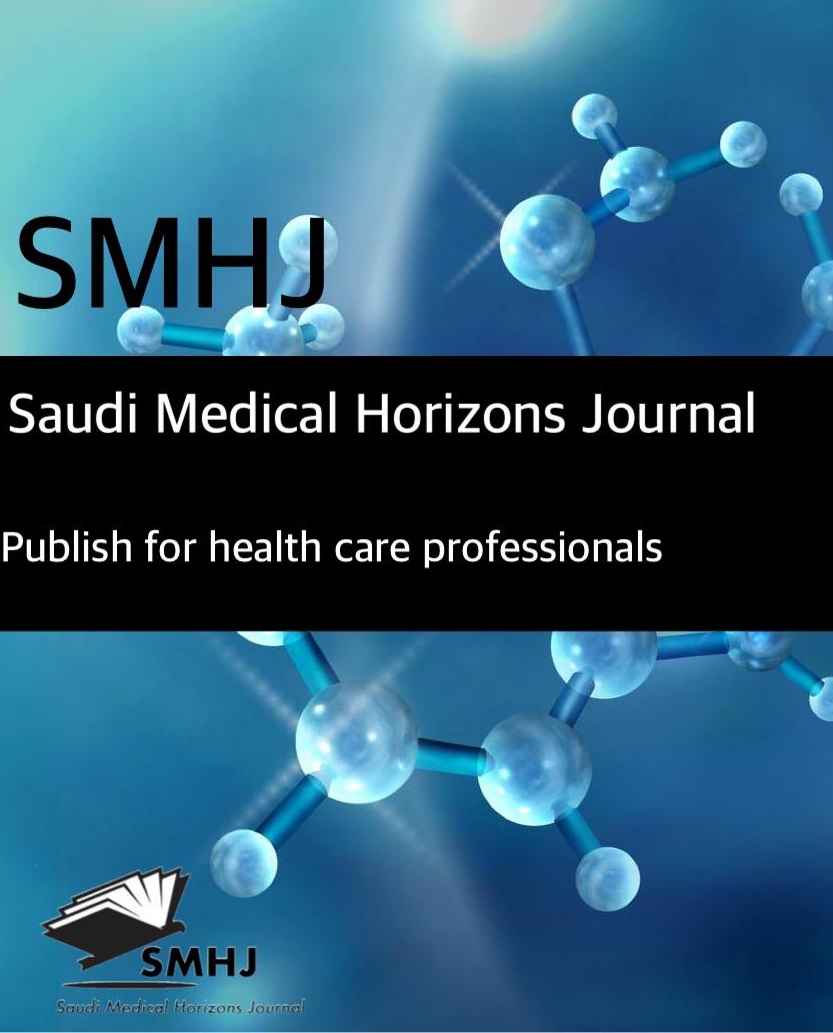Critical Management of Accelerated Idioventricular Rhythm in Emergency Sitting, Review Article
DOI:
https://doi.org/10.54293/smhj.v3i1.58Keywords:
Ventricular, Tachycardia, Ectopic, Infarction , Ventricular perfusionAbstract
The terminology "accelerated idioventricular rhythm" refers to an ectopic ventricular rhythm with three or more consecutive premature ventricular monomorphic beats with slow onset and end. That is slower than ventricular tachycardia but faster than the typical intrinsic escape rate of the ventricles, which is 30 to 40 beats per minute. Accelerated idioventricular rhythm differentiates from ventricular tachycardia in addition to having a positive outcome, a long coupling period at the beginning, a gradual drop-in ventricular rate at the conclusion, and an increase in sinus rate. After thrombolysis upon acute myocardial infarction, its presence is a sign that reperfusion was successful. Since malignant ventricular tachycardias are not commonly linked with accelerated idioventricular rhythm and the condition is typically hemodynamically well tolerated, no special therapy is typically required beyond managing the underlying heart condition. Accelerated idioventricular rhythm (AIVR) is usually benign, transitory, and untreatable. The goal of this observational study is to learn more about the clinical signs, prognosis, and therapy of frequent AIVR.
Downloads
Published
How to Cite
Issue
Section
License
Copyright (c) 2022 Saudi Medical Horizons Journal

This work is licensed under a Creative Commons Attribution 4.0 International License.



